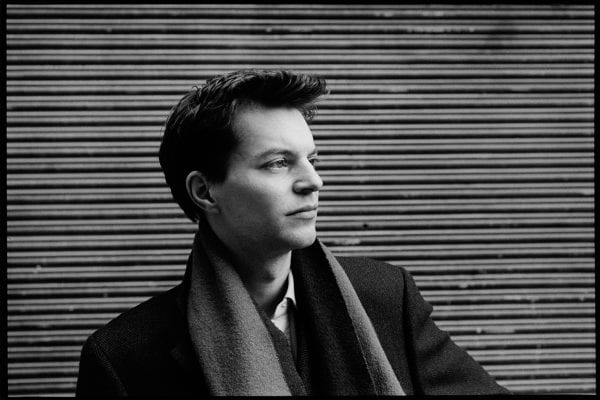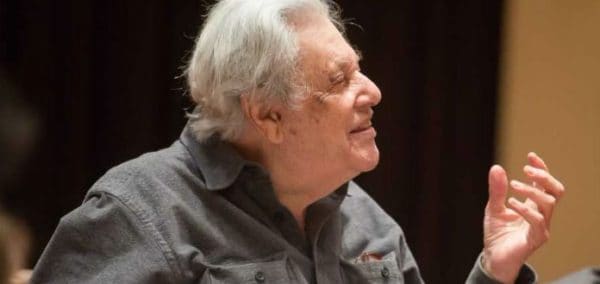Pianist Till Fellner began 2018 with a noteworthy return to the Chicago Symphony Orchestra in a subscription week with frequent collaborator conductor Manfred Honeck in performances of Mozart’s Piano Concerto No. 23, K. 488.
This month Fellner debuts with the New York Philharmonic, Christoph Eschenbach conducting, for performances of Mozart K. 482 April 19, 21, and 24 at David Geffen Hall. He lands first on the West Coast for performances of the same concerto April 13 and 14 with the New West Symphony in Los Angeles.
Mozart Piano Concerto No. 25 in C major K. 503 (3rd movt.) / Till Fellner, piano · Bernard Haitink, conductor · Berliner Philharmoniker / Recorded at the Berlin Philharmonie, 6 December 2015
North America sees more of Till next season when he returns to the Montreal Symphony in November 2018 with Alain Altinoglu for Mozart’s last piano Concerto, K. 595, and stays on as a juror in the Montreal International Musical Competition. In February 2019 he embarks on a duo recital tour with cellist Johannes Moser — first in Europe, then in the U.S. for stops in Orange County, Boston, and at Shriver Hall in Baltimore. Come next spring, Till returns to New York — this time with Manfred Honeck and the Pittsburgh Symphony to play Beethoven’s Emperor Cto. on Lincoln Center’s Great Performers Series in May, and finishes up the season in a subscription week with the Minnesota Orchestra for performances of Mozart K. 466, Kent Nagano conducting.
“…His sound was always present, always well supported by the orchestra, notably in those pages where the piano and solo woodwinds engage in quasi-operatic song. The unhurried finale wore a Viennese smile to complement its tasteful classical manners. I found much to enjoy here, and so, evidently, did the audience, which called the pianist back for bow after bow.”
“He is a superb Mozartian, playing with easy fluency and pearly tone, ideally suited to this music. His singing way with a phrase in the Andante and buoyant articulation in the gently galumphing Allegretto finale were all pleasure.”


